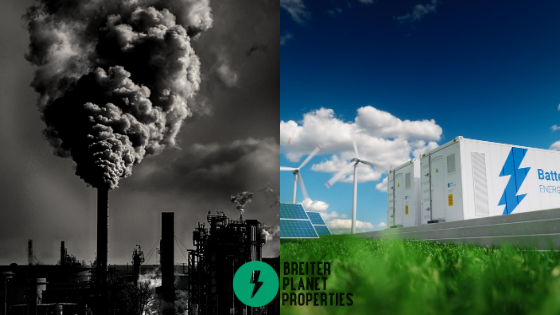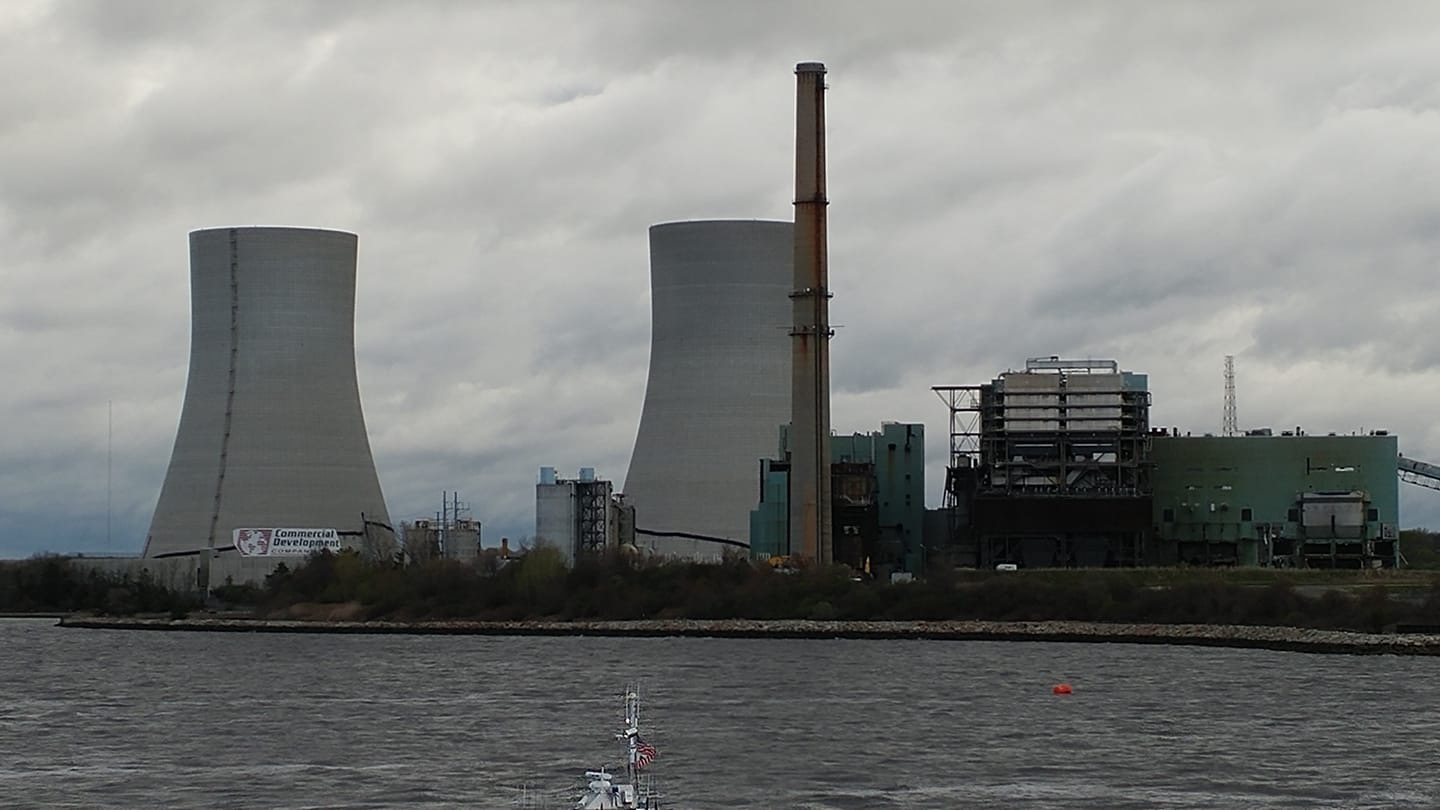Australia, the Land Down Under, is a very interesting and exciting place for renewable energy. The high levels of irradiance it receives makes it a great place for solar power to flourish. Australia has also seen its fair share of natural disasters caused at least in part by a warming planet. A transition to clean energy can help fight against climate change and it makes sense financially. As Australia continues on its journey to a clean energy economy, the rest of the world can observe what works and what causes challenges.
The Land Down Under
Apr 12, 2021 9:00:00 AM / by Paul Fischer posted in Commercial Solar, Utilities, Utility-Scale PV, Microgrids, Fossil Fuels, Coal, Solar Plus Storage, Climate Change, Industrial Solar, utility scale storage, Australia, Grids, Industrial PV, Utility Scale Markets, Coal Plants, Grid of the Future
What is going on in Texas? #ERCOTfail
Feb 17, 2021 3:45:00 PM / by Paul Fischer posted in Solar Energy, United States, Markets, Texas, Power Generation, Fossil Fuels, Coal, Wind Energy, Climate Change, ERCOT, Energy Transition, Technology, natural gas, Coal Plants, Power Outages, Republican, Democrat, txenergy, txwx, txpoweroutage, Climate Disruption, txlege
Image: Weather Service International
This picture shows the temperature (in Fahrenheit) departure from normal during this recent cold snap.
Late Sunday night, extraordinarily cold temperatures made their way into Texas. As the temperature dropped, the people of Texas switched on the heat, with much of it being electric, in an effort to stay warm. Unfortunately, people weren't the only ones to feel the cold grip of mother nature. Extremely low temperatures, ice, and snow caused power plants to go offline. As the demand for power rapidly shot up, supply drastically fell.
Decommissioning coal – an opportunity for energy storage?
May 18, 2020 9:15:00 AM / by George Hilton, Analyst, IHS Markit posted in Renewable Energy, Solar, Energy Storage, Decarbonize, Fossil Fuels, Coal, Wind Energy, Spain, Energy Generation, World, Base Load, Peak Demand, Carbon Emissions, Coal Plants, Co-Location
The Drax Power Station near Selby, North Yorkshire, is the single largest CO2 emitter in the U.K. Its owner plans to replace the coal-fired units with gas power and a 200 MW battery.
‘Renewables must grow four times faster to ensure sustainable future’
Feb 10, 2020 9:05:00 AM / by Marija Maisch, pv magazine posted in Renewable Energy, Community, Commercial Solar, Policy, Markets, Utility-Scale PV, Modules, Finance, Installations, Fossil Fuels, Coal, Climate Pledge, Climate Change, Global, Industrial Solar, World, Global Warming, Grids, Integration, Industrial PV, Commercial PV
Solar on track to become No. 1 energy resource by 2035, IEA finds
Feb 4, 2020 9:00:00 AM / by Marian Willuhn, pv magazine posted in Renewable Energy, Solar Energy, Policy, Markets, Finance, Power Generation, Fossil Fuels, Coal, Investments, Europe, Solar Panels, China, World
Image: qimono, pixabay
US government expects 24 GW of new solar this year
Jan 21, 2020 6:00:00 PM / by John Weaver, pv magazine posted in Renewable Energy, Solar Energy, Solar, Residential Solar, Commercial Solar, Policy, United States, Energy Storage, Markets, Utility-Scale PV, Installations, Decarbonize, Power Generation, Fossil Fuels, Coal, Legislation, ITC, Decarbonization, Infrastructure, Energy Transition, Solar Panels, Energy Generation, Industrial Solar, 2020, utility scale storage
The U.S. appears all set for a record year for solar.
Corporation's Roles In the Energy Transition
Nov 25, 2019 6:00:00 PM / by Paul Fischer posted in Renewable Energy, Solar Energy, Solar, Solar Development, Solar Capital, Decarbonize, Power Generation, Fossil Fuels, Coal, Decarbonization, Jeff Bezos, Corporate, Investments, Energy Transition
What do all of these corporations have in common? A commitment to renewable energy! As the transition to renewable energy pushes along, some corporations are leading the way.
Coal Continues its Decline
Nov 11, 2019 9:00:00 AM / by Paul Fischer posted in Solar Energy, Energy, Solar Development, Solar Capital, Solar Finance, Utility-Scale PV, Solar Industry, Installations, Decarbonize, Power Generation, Fossil Fuels, Coal, Solar Plus Storage, Decarbonization, Infrastructure, Climate Change
Murray Energy, the largest privately held coal company in the United States recently filed for Chapter 11 bankruptcy. This continues to be a trend for coal companies over the last couple of years. As renewables like solar and wind become more cost effective, they are beginning to move coal fired power plants out of the picture. Unfortunately, the effects of this bankruptcy will harm only the most vulnerable. It will lead to workers and coal miners getting the short end of the stick, and top executives at Murray Energy getting off scot-free. “It (Murray Energy) will seek to be relieved of its obligations to retirees, their dependents and widows. We have seen this sad act too many times before.” (Source)
Peak Demand
Oct 22, 2019 10:45:00 AM / by Paul Fischer posted in Renewable Energy, Solar Energy, California, New York, Solar Industry, Solar Cost & Prices, Decarbonize, Power Generation, Fossil Fuels, Coal, Legislation, Solar Plus Storage, Decarbonization, Infrastructure, Climate Change
What Is Peak Demand?
Peak Demand is when electrical power demand is the highest. A likely time for Peak Demand to come is during a heatwave, when households and businesses across the nation turn on their air conditioning to stay cool. When peak demand occurs, utilities fire up peaker plants, which are able to meet the increased demand for electricity.
Saying Goodbye to Brayton Point
May 7, 2019 1:35:14 PM / by Andrew Breiter-Wu posted in News, Energy, Massachusetts, Decarbonize, Power Generation, Fossil Fuels, Coal, SouthCoast MA, Fall River, MA, Wind Energy
On a brisk Saturday morning, residents from across Southeastern Massachusetts came together along the shoreline of the Mt. Hope Bay to watch the demolition of the two Brayton Point cooling towers.





.png)
.png)


